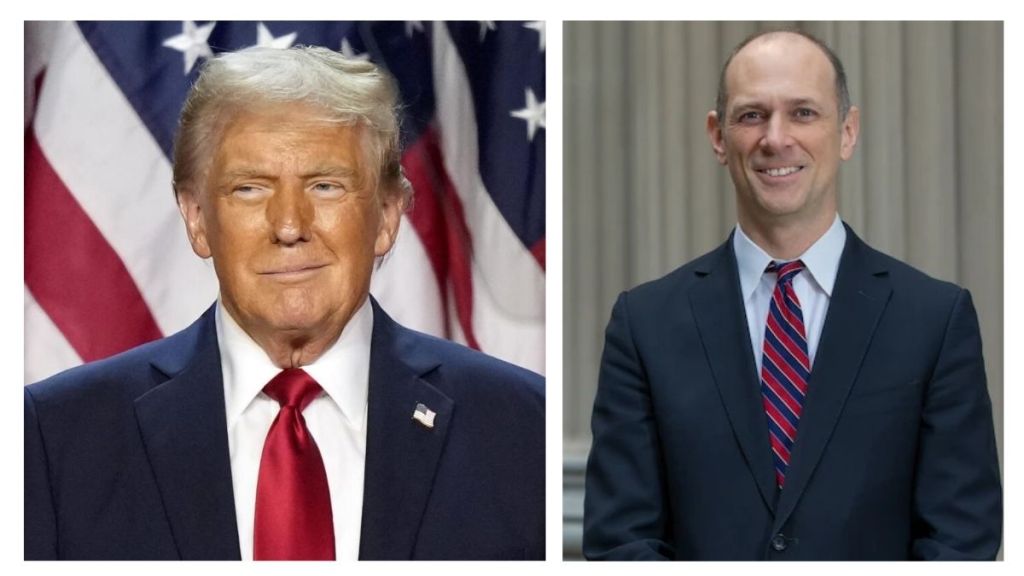President Donald Trump’s latest tariff threats—ranging from a 50% levy on European Union goods to potential penalties on iPhones not made in the U.S.—are adding fresh uncertainty to global trade and could delay Federal Reserve interest rate cuts, according to Chicago Fed President Austan Goolsbee.
Speaking on May 23, Goolsbee said the unpredictability of Trump’s trade moves has made it more difficult for the Fed to chart its policy course. Central bankers typically steer clear of fiscal and trade issues, but they must still assess how such decisions ripple through inflation, employment, and financial markets.
“Over the longer run, if they are putting in place tariffs that have a stagflationary impact… that’s the central bank’s worst situation,” Goolsbee said in an interview with CNBC. “We will have to see how big the impacts on prices are. I know people hate inflation.”
The Fed has kept its benchmark interest rate steady between 4.25% and 4.50% since December, with the current effective rate at 4.33%. Markets had expected two rate cuts this year, with the first likely in September, but Goolsbee’s comments signal that the path ahead is uncertain.
Trump’s new trade offensive began on April 2, dubbed “Liberation Day” by his campaign, triggering market volatility and concerns about U.S. fiscal discipline. On May 23, Trump shocked markets with plans to impose a 50% tariff on EU imports starting June 1 and a 25% tariff on iPhones not made in the U.S. However, just two days later, he delayed the EU tariffs to July 9.
Apple, which largely manufactures its devices in China and India, could face cost increases from the proposed tariffs. While the macroeconomic impact of pricier iPhones may be limited, the broader anxiety over shifting trade policy has already driven bond yields higher and raised fears of economic stagnation or even a recession. Despite the turmoil, Goolsbee remains optimistic. “I am still hopeful that 10 to 16 months from now, rates could be a fair bit below where they are today,” he said. The Fed’s next policy meeting is scheduled for June 17-18, when officials will update their outlook for the economy and interest rates.


